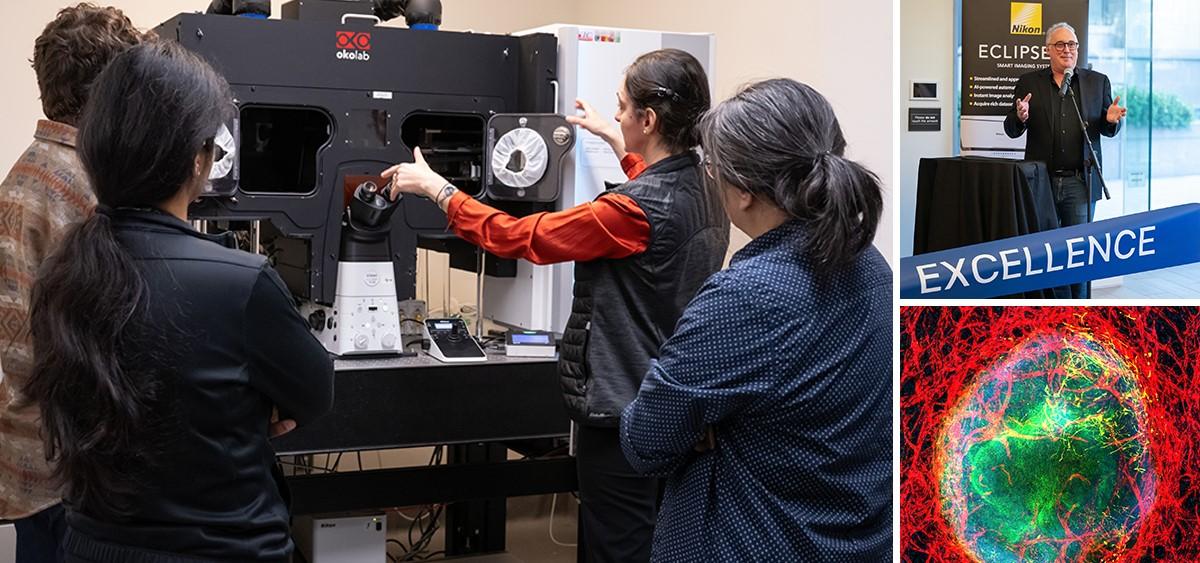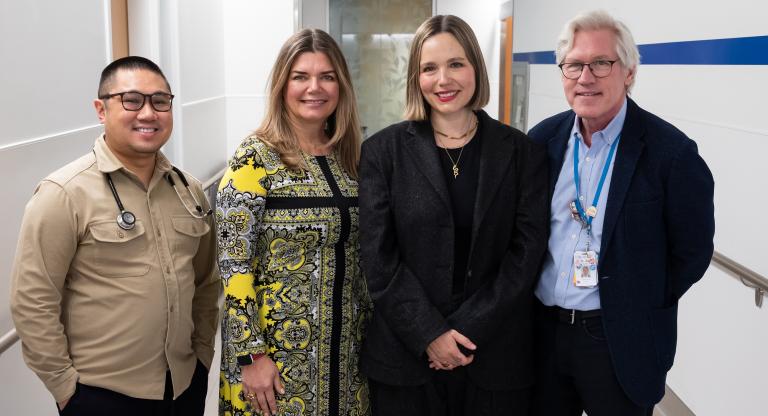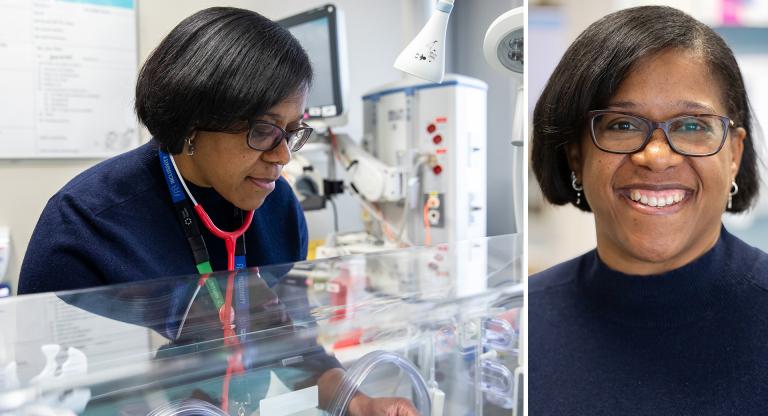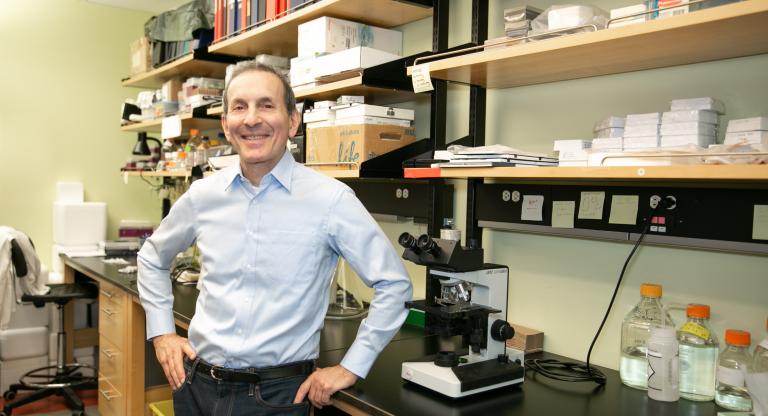Inside the Nikon Center of Excellence at LTRI

In April 2024, the Lunenfeld-Tanenbaum Research Institute (LTRI) hosted an event celebrating Canada’s first Nikon Center of Excellence, a groundbreaking collaboration with Nikon that has positioned the LTRI as a global leader in advanced imaging technology.
The accompanying scientific symposium featured experts at different career stages who showcased the transformative potential of this innovative partnership established in 2021. The keynote speaker was Dr. Paul Kubes, of Queen’s University and the University of Calgary, who is internationally renowned for capturing videos of live tissue and organs to investigate disease processes in real time including how immune cells seek and destroy bacteria as they try to invade host cells.
The Nikon Center’s state-of-the-art facilities and advanced microscopy systems are driving scientific breakthroughs within the institute and beyond. Imagine upgrading from a basic camera to a professional-grade model; similarly, these advanced microscopes offer superior resolution. This deep understanding of cellular and tissue biology serves as the foundation for identifying disease mechanisms, biomarkers and therapeutic targets, ultimately paving the way for the development of novel diagnostic and therapeutic strategies to combat human diseases.
Access to these state-of-the-art technologies sets LTRI apart on the global stage in several ways, offering capabilities and resources that wouldn't be available otherwise. A few highlights include:
- Early adoption of cutting-edge microscopy systems: The Nikon Center provides access to the newest technologies, allowing the lab to be an early adopter of advanced microscope systems. Additionally, ongoing collaboration with Nikon's engineers ensures continuous refinement and customization of microscope systems, further enhancing the lab's ability to push the boundaries of science.
- Unique combinations of super-resolution microscopes: The Center houses an unmatched breadth of specialized microscope systems that offer powerful imaging capabilities. For example, the recent installation of a novel, spinning disk super-resolution system combined with a STED (Stimulated Emission Depletion) super-resolution microscope is the first of its kind in Canada. This combination enables researchers to achieve ultra-high-resolution imaging of biological samples while also capturing dynamic processes in real time which is critical when you’re studying changes to cells and tissues that occur with, for example, a therapeutic targeted to a tumour.
- Cutting-edge computing infrastructure for data processing: What’s hardware without the software to optimize it? The Center hosts Nikon's first ever Graphics Processing Unit (GPU) server that was purposefully designed for processing large datasets generated by LTRI researchers. By harnessing the power of GPUs, the lab can efficiently process massive volumes of data, enabling rapid insights and accelerating the pace of scientific discovery.
These cutting-edge technologies, combined with the expertise of researchers like Dr. Laurence Pelletier, Director of the Nikon Center and Senior Investigator at LTRI, fuel groundbreaking research initiatives. Dr. Pelletier's innovative techniques, powered by the Center's advanced microscopy, allow him to visualize with unprecedented resolution multiple cells in three dimensions over time, creating “movies” that show the entire cell cycle and how different types of cells interact within a tissue. This is a major breakthrough in research, as traditional microscopes only take static snapshots of cells without the context of the activity and function of each cell or the dynamic interactions that occur between them.
With its arsenal of advanced imaging systems that are open to all researchers at Sinai Health and beyond through LTRI’s Network Biology Collaborative Centre, the Center is poised to drive transformative research that will shape the future of health care.












